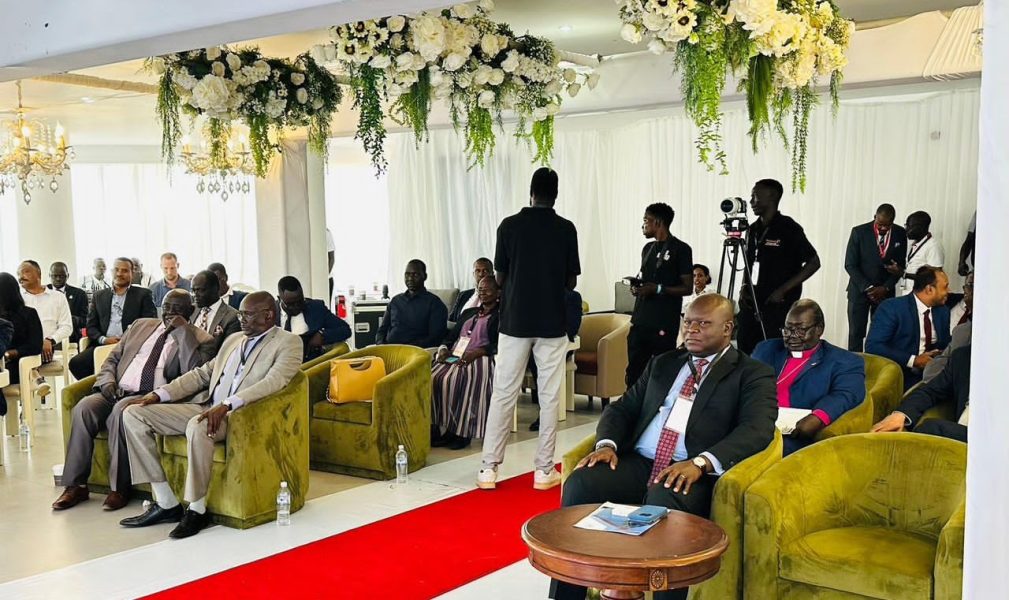
The Government of South Sudan has pledged sweeping reforms in housing and urban planning as part of its drive to attract investments into the country’s property sector.
The commitment was announced during the Real Estate Summit 2025, held this week in Juba under the theme of unlocking land and urban development opportunities.
Speaking at the summit, Ambassador Joseph Mum Majak, Minister of Investment, described the real estate sector as a cornerstone for the country’s broader economic transformation.
“Real estate is more than construction. It is about building communities, creating jobs, and laying the foundation for lasting economic growth. Our government is committed to fostering a fair and transparent environment where both local and international investors can thrive,” Majak said, officially opening the summit.
He called on investors and diaspora stakeholders to seize opportunities in South Sudan’s expanding property market, which he said holds untapped potential in both residential and commercial development.
Eng. Louise Kwot Akolih, Undersecretary in the Ministry of Lands, Housing and Urban Development, underscored the government’s determination to modernize land governance and expand housing supply across the country.
“South Sudan is a rapidly emerging market with a strategic location, high demand for housing, and investor-friendly reforms.
Our ministry is committed to facilitating land acquisition, developing enabling policies, and ensuring transparency in land governance,” Akolih told delegates.
She revealed that the long-awaited National Land Policy has been submitted to Parliament for review, while a Land Reform Unit has already been established to oversee its rollout.
A digital land registry is also being developed to reduce land-related conflicts, improve transparency, and streamline land administration.
From the private sector, Malanga Suleiman, Operations Manager at Smart Properties Ltd, emphasized the importance of partnership between government and developers.
“This summit is not only about dialogue but about building real partnerships that can translate into tangible projects on the ground,” Suleiman said.
He highlighted Smart Properties’ portfolio of luxury furnished apartments, including the Juba Green Apartments, as a demonstration of the potential of the housing sector.
Over the two-day summit, policymakers and investors deliberated on investment-ready projects, including new residential neighborhoods, government office complexes, and solid waste management systems in Juba, Malakal, and Wau.
Both government and private sector representatives agreed that reforms and partnerships will be key in tackling pressing challenges such as informal settlements, land grabbing, and limited housing supply.
“With government reforms, private sector innovation, and international support, South Sudan has a real chance to transform its urban landscape and create inclusive, sustainable cities,” Suleiman concluded.

